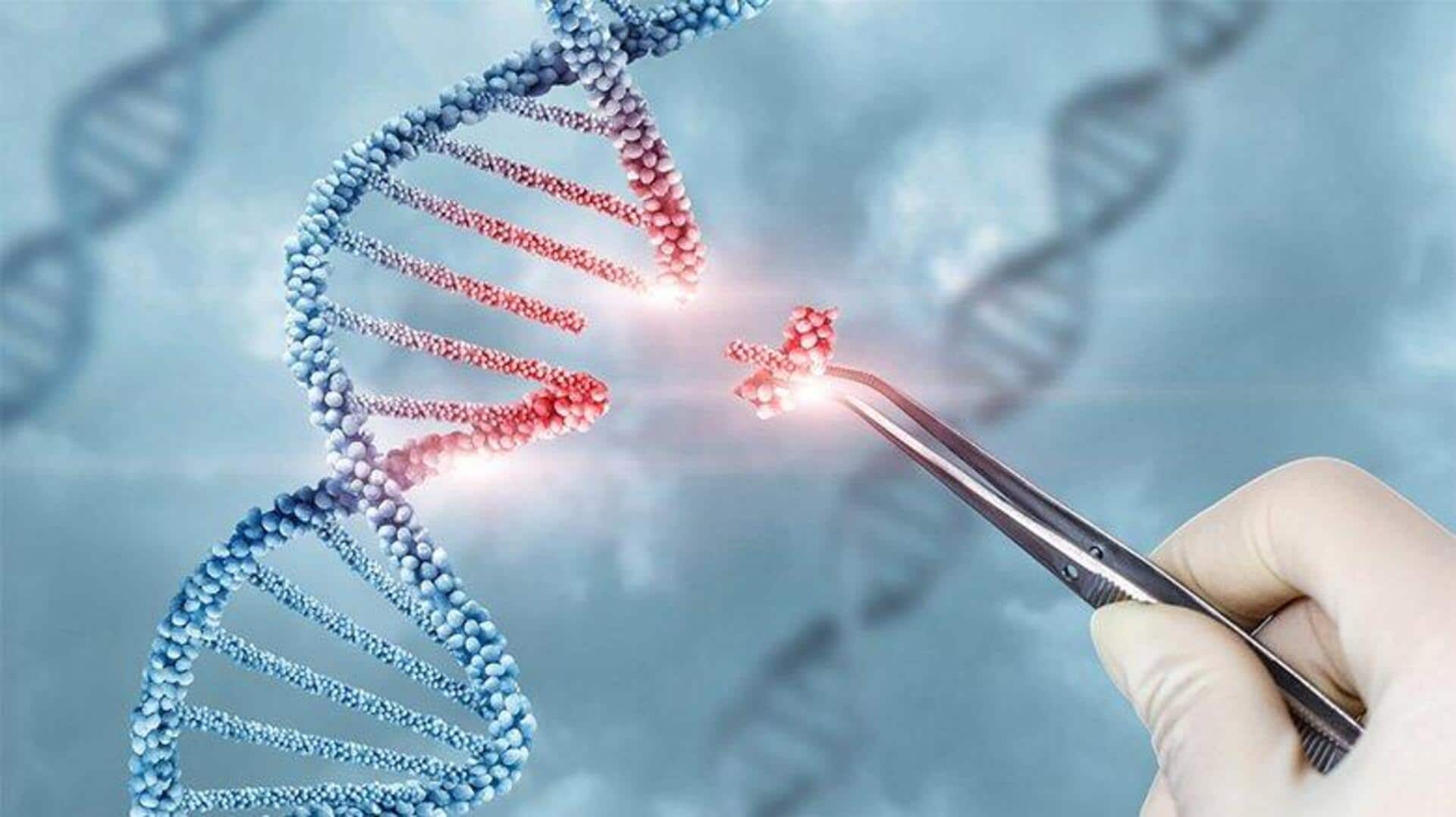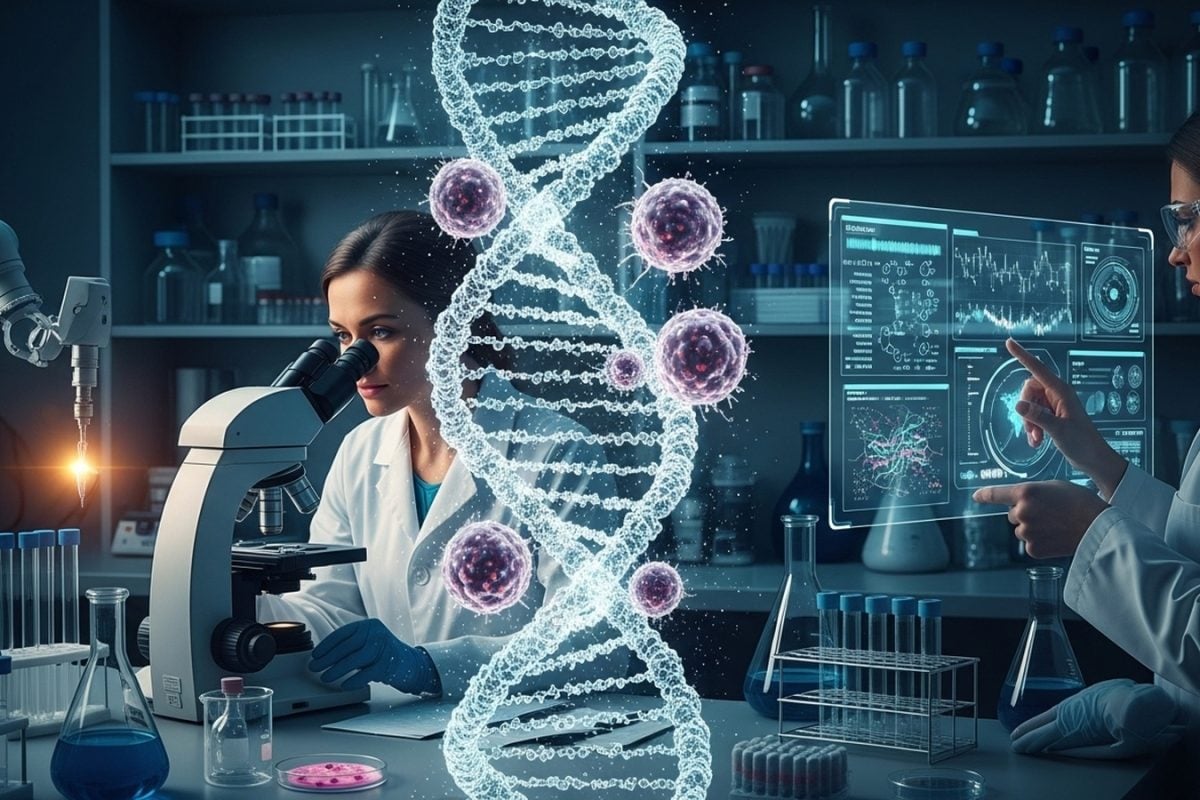**Major Medical Breakthrough: Doctors Successfully Treat Huntington’s Disease for the First Time**
*By Dwaipayan Roy | Sep 24, 2025 | 08:00 PM*
—
### What’s the Story?
In a groundbreaking medical advancement, doctors have successfully treated Huntington’s disease for the first time. This hereditary condition causes severe brain cell damage and has often been compared to a combination of dementia, Parkinson’s disease, and motor neuron disease.
The innovative treatment involves gene therapy administered during delicate brain surgery that lasts between 12 to 18 hours.
—
### Impact: Patients Can Expect Decades of ‘Good Quality Life’
The new treatment has shown promising results, slowing the progression of Huntington’s disease by 75% in patients. According to Professor Sarah Tabrizi from University College London (UCL), this means that a decline in condition that would normally take one year could now extend to four years after treatment. This breakthrough offers patients the hope of decades of “good quality life.”
Huntington’s disease typically manifests in a person’s 30s or 40s and can be fatal within two decades if left untreated.
—
### How the Treatment Works: Injecting Modified Virus into the Brain
The therapy aims to permanently reduce levels of a toxic protein in the brain with a single dose. It uses cutting-edge genetic medicine that combines gene therapy and gene silencing technologies.
During the procedure, a modified virus carrying a specially designed sequence of DNA is injected deep into the brain. This delivers the new DNA inside brain cells to counteract the disease. The brain surgery takes between 12 to 18 hours and is performed under real-time MRI scanning guidance for precision.
—
### Trial Outcomes: ‘The Result We’ve Been Waiting For’
A recent clinical trial involving 29 patients revealed an average 75% slowing of Huntington’s progression three years post-surgery. Moreover, the treatment appears to save brain cells, as evidenced by lowered levels of neurofilaments in spinal fluid compared to baseline measurements.
Professor Ed Wild from UCL described these findings as “the result we’ve been waiting for,” expressing profound optimism about the therapy’s potential to impact families affected by Huntington’s disease.
—
### Safety Measures and Side Effects
The gene therapy was deemed safe overall, although some patients experienced inflammation caused by the virus, leading to headaches and confusion. These symptoms either resolved naturally or were managed effectively with steroid treatment.
Professor Wild noted that the therapy “should last for life,” given that brain cells, unlike those in blood, bone, or skin, are not regularly replaced by the body.
—
### Accessibility: Challenges and Future Prospects
Huntington’s disease currently affects around 75,000 people across the UK, US, and Europe, with hundreds of thousands more carrying the genetic mutation.
Despite the promise, this gene therapy will not be accessible to all patients due to the complexity of the surgery and the expected cost involved.
However, Professor Tabrizi is optimistic that this breakthrough marks “the beginning” of more widely available therapies. She is already collaborating with young people who carry the Huntington’s gene but show no symptoms—referred to as stage zero Huntington’s—and plans to conduct preventive trials in the near future.
—
This landmark treatment brings new hope to thousands living with Huntington’s disease and sets the stage for further advancements in gene therapy for neurodegenerative disorders.
https://www.newsbytesapp.com/news/science/groundbreaking-treatment-for-huntington-s-disease-achieved/story



